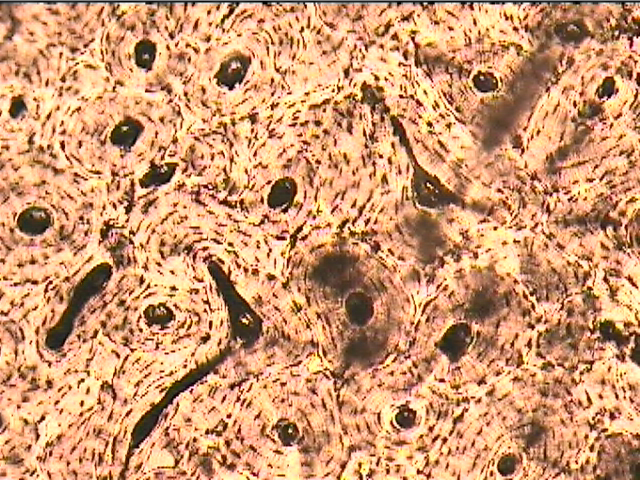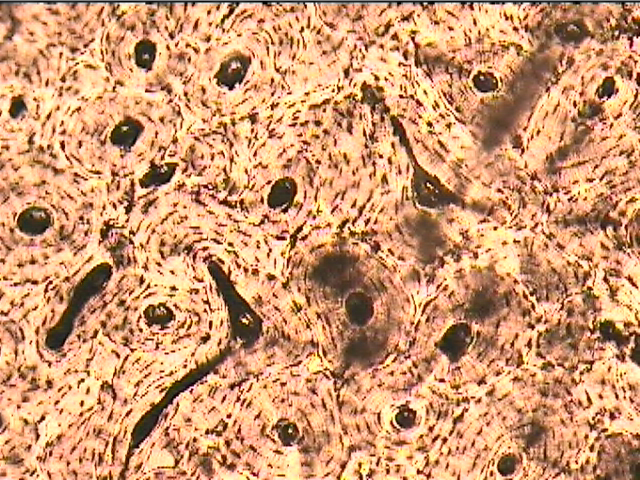
Korean researchers have observed increased efficacy in a cancer-fighting agent when it was combined with cannabidiol (CBD), according to a new article published in the scientific journal Cancers.
Oncology researchers at Korea University College of Medicine in Seoul, South Korea, paired CBD with a common colorectal cancer treatment.
The study, published May 9, 2019, noted that successful cancer chemotherapies interfere with the processes involved in cell division and kill off a greater proportion of cancer cells compared with healthy ones.
The university’s research team tested the synergistic impact of CBD with a known cancer-cell-killing protein known as TRAIL (TNF-related apoptosis-inducing ligand).
In the field of cell biology, TRAIL is a protein functioning as a ligand that induces a process of cell death called apoptosis. A ligand is a molecule that binds to a central atom to form a coordination complex. Apoptosis is the normal, programmed death of a cell.
TRAIL has attracted a great deal of interest among researchers in the hope of developing it as an effective cancer treatment because it can induce apoptosis in tumor cells without affecting or harming adjacent normal cells.
In their experiments, the Korean scientists found that both TRAIL and CBD separately generated apoptosis in colorectal cancer cells, in test tubes and in mice. In addition, consistent with the researchers’ hypothesis, the combination of the two agents produced significantly improved results.
“These data indicate that the natural compound cannabidiol could be an effective TRAIL sensitizer, and the combination therapy of cannabidiol with TRAIL may be an effective treatment strategy against colorectal cancer,” the researchers wrote. “We conclude that the combination of cannabidiol and TRAIL is a significant potential therapy.”
This is no small breakthrough, the researchers noted.
“To the best of our knowledge,” they wrote, “this is the first report that cannabidiol induces significant TRAIL-induced apoptosis of colorectal cancer cells,” noting that earlier reports suggested that a different protein response was responsible for cancer-cell death.
To the best of our knowledge this is the first report that cannabidiol induces significant TRAIL-induced {death} of colorectal cancer cells. Click To Tweet
CBD is itself of interest for cancer studies. Though research on CBD is in very early stages, scientists already have found that it seems to inhibit the growth of many different types of tumor cells in both test tubes and animals. Thus, adding cannabidiol to TRAIL was a natural line of inquiry.
Though far from a curative breakthrough, the findings of the Korean study open up a pathway of investigation for scientists looking for new chemotherapy options for colorectal cancer (CRC), the third most common cancer worldwide, with 1.4 million new cases annually.
The Journal of the National Cancer Institute published a report on May 29, 2019, noting that early-onset colorectal cancer — occurring before age 50 — is rising most rapidly in Western states, where healthful behaviors are prominent.
Although TRAIL is a promising therapeutic agent, it has limitations: it has a short half-life, and cells build up resistance to its effects. The Korean researchers hypothesized that combining TRAIL with another agent — in this case, cannabidiol — could enhance its utility in generating apoptosis in cancer cells.
Kent Vrana, Ph.D., Pharmacology Department Chair at Penn State University (PSU) College of Medicine in Hershey, Pennsylvania, has led similar research studies on colon cancer in which he and his team have found that certain cannabinoid compounds may have the potential to inhibit or prevent the growth of tumors.
Regarding the Korean study, Vrana told Weedmaps News that the paper is topical in that there are several TRAIL agonists in clinical trials underway.
“Unfortunately, we found that CBD was weak and only partially efficacious, so a lot will depend on the doses they used and the length of time,” Vrana said.
In view of numerous attempts to develop a treatment that can selectively target cancer cells, cancer still remains a major public health problem.
In fact, early-onset colorectal cancer has been on the rise for several decades in the United States for unknown reasons, according to a new study that appeared in the Journal of the National Cancer Institute on May 29, 2019.
“This finding suggests that early life exposures in addition to the ‘usual suspects’ may be contributing to the rise in early onset disease. Future studies should explore novel risk factors for colorectal cancer in young adults,” wrote lead author Rebecca L. Siegel, MPH.
A Cancer Cure in Cannabis?
The search to induce apoptosis in cancer cells has led to a new, fast-growing field termed cancer immunology,, also referred to as tumor immunology.
“Over the past decade, the number of countries and states that have legalized medical cannabis has grown rapidly, and cannabinoid compounds may serve as a novel therapeutic agent to combat a number of diseases,” wrote researchers in another Penn State study, “Synthetic Cannabinoid Activity Against Colorectal Cancer Cells,” published in 2018.
“With regard to cancer, medical cannabis has largely been utilized for palliative purpose, however, a number of studies have proposed the use of cannabinoid compounds as anti-tumor agents,” the PSU authors wrote.
Feature image: Cell biology researchers have found that CBD may help kill cancer cells while leaving healthy cells unharmed. Pictured, cells magnified under a microscope. (Photo by Matt Galisa via Flickr)















